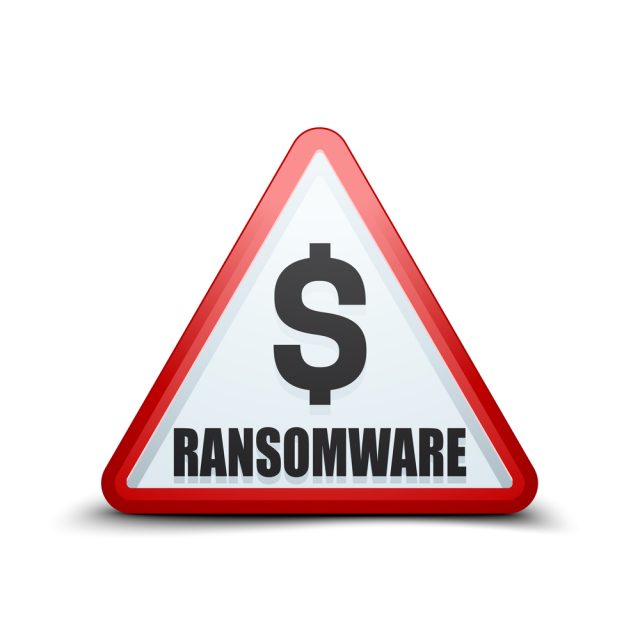Businesses that pay ransoms are more likely to suffer second attacks

A new study shows that 80 percent of businesses that chose to pay a ransom demand have suffered a second ransomware attack, often at the hands of the same threat actor group.
The research from Cybereason also reveals that of those that opted to pay a ransom demand in order to regain access to their encrypted systems, 46 percent report that some or all of the data was corrupted during the recovery process.
The study of almost 1,300 security professionals shows 35 percent of businesses that paid a ransom demand shelled out between $350,000-$1.4 million, while seven percent paid ransoms exceeding $1.4 million.
In addition 66 percent of organizations report significant loss of revenue following a ransomware attack, and 32 percent say they've lost C-Level talent as a direct result of ransomware attacks. 29 percent report being forced to layoff employees due to financial pressures following a ransomware attack and 26 percent of were forced to close down their operations entirely.
"Ransomware attacks are a major concern for organizations across the globe, often causing massive business disruptions including the loss of income and valuable human resources as a direct result. In the case of the recent Colonial Pipeline ransomware attack, disruptions were felt up and down the East Coast of the United States and negatively impacted other businesses who are dependent on Colonial's operations," says CEO and co-founder of Cybereason, Lior Div. "Paying a ransom demand does not guarantee a successful recovery, does not prevent the attackers from hitting the victim organization again, and in the end only exacerbates the problem by encouraging more attacks. Getting in front of the threat by adopting a prevention-first strategy for early detection will allow organizations to stop disruptive ransomware before they can hurt the business."
You can get the full report from the Cybereason site.
Image credit: Yuri_Vlasenko / depositphotos.com